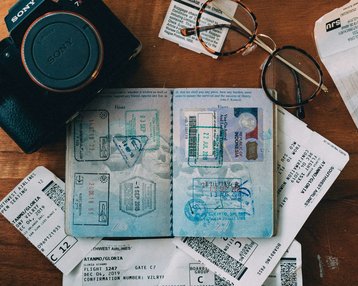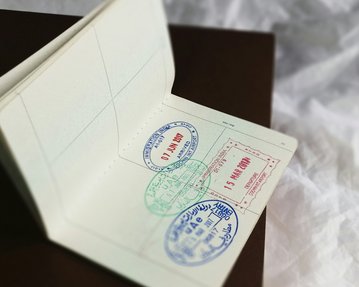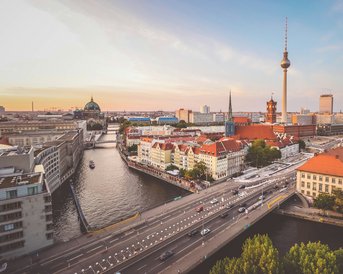
Here you can find information about entering Germany, visas and residence permits, as well as your options after graduation. The German embassy or consulate in your country of origin or residence is responsible for visa applications, while the local immigration authority (Ausländerbehörde) at your place of residence in Germany is responsible for residence permit applications. Since the requirements may vary depending on your country of origin and/or residence, please always check the websites of the responsible authorities for the latest information.





